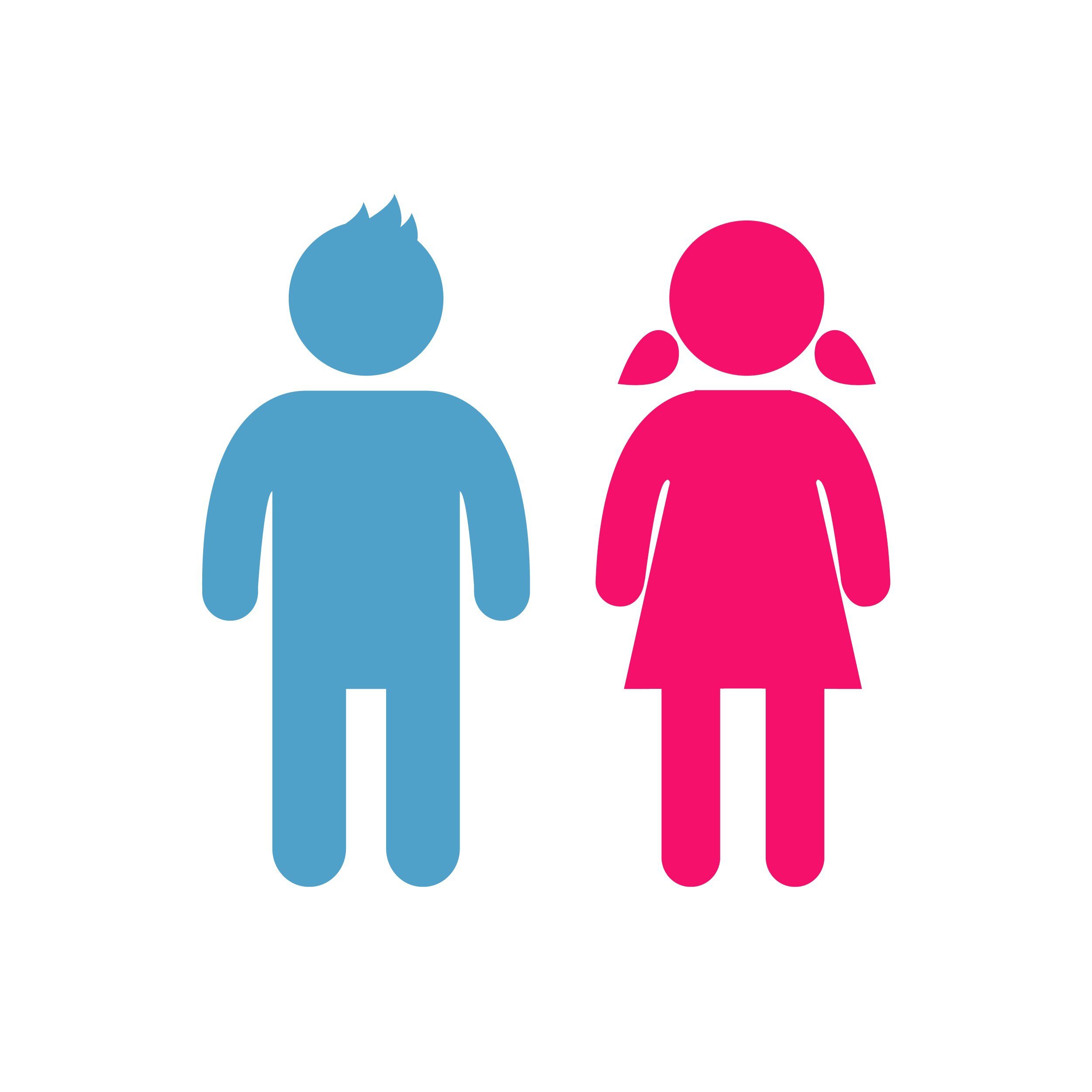- A Imitation
- B Conformity
- C Cooperation
- D Obedience
Answer:
C
Social influence refers to the ways in which individuals are influenced by others. The forms of social influence are imitation, conformity, compliance, and obedience. Cooperation is not a form of social influence, but rather a collaborative effort towards a common goal.
 Psychology, social influence and group processes
Psychology, social influence and group processes  Personality
Personality  Adjustment
Adjustment  Health Psychology
Health Psychology  Psychological Disorders
Psychological Disorders  Identity Development
Identity Development